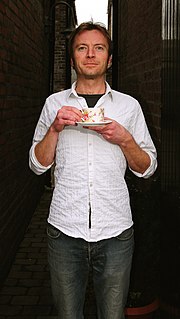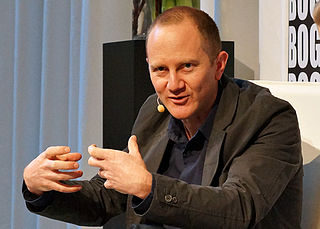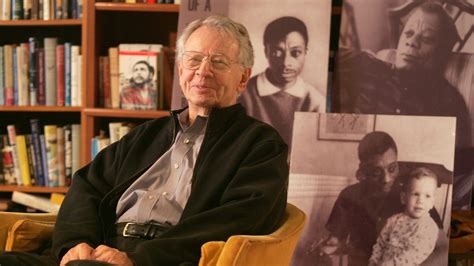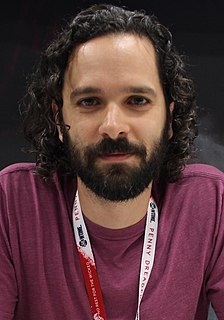A Quote by Richard Dormer
I think the benefit of being a writer is that I'm looking for the subtext on the page, because all good writing has subtext. And as a writer, you look at the big scope of things, the big story, rather than just your individual story line, because I think it's important to know what you're in and how you fit into it.
Related Quotes
Writer-directors are a little bit more liberal, rather than having just the writer on the set, because I think sometimes the writer becomes too precious with the words. If you're a writer-director, you can see what you're doing and see your work in action, so I think you can correct it right there and still not compromise yourself.
I see manuscripts and books that are spoiled for the literary reader because they are one long stream of top-of-the-head writing, a writer telling a story without concern for precision or freshness in the use of language. Some of this storytelling reads as if it were spoken rather than written, stuffed with tired images that pop into the writer's head because they are so familiar. The top of the head is fit for growing hair, but not for generating fine prose.
I would also argue that there is a good chance that an outline will help you stave off any onslaught of writer's block. Let me advise you right up front that I am not a big believer in writer's block. I think writer's block is God's way of telling you one of two things - that you failed to think your material through sufficiently before you started writing, or that you need a day or two off with your family and friends.
But I think writing should be a bit of a struggle. We're not writing things that are going to change the world in big ways. We're writing things that might make people think about people a little bit, but we're not that important. I think a lot of writers think we are incredibly important. I don't feel like that about my fiction. I feel like it's quite a selfish thing at heart. I want to tell a story. I want someone to listen to me. And I love that, but I don't think I deserve the moon on a stick because I do that.
I think that people have to have a story. When you tell a story, most people are not good storytellers because they think it's about them. You have to make your story, whatever story it is you're telling, their story. So you have to get good at telling a story so they can identify themselves in your story.
I want studios that make story-based games to start taking their stories more seriously. And that doesn't mean hiring a big shot writer from Hollywood; it means that story becomes integral to making your game. I don't see how you can achieve that without having an in-house writer that sits next to the designer, helping them make their levels, talking with the engineers about where we can tell the story more dynamically, pushing at technology.
Artists are not helper monkeys; they’re not in it to visualize 'your' story, because it stopped being 'your' story the moment you engaged in a collaborative medium. From here on in, it’s also the artist’s story, and if you’re working with an illustrator who’s any good at all, you as a writer have to tamp down any control-freak tendencies you suffer under and relax into the process.




































